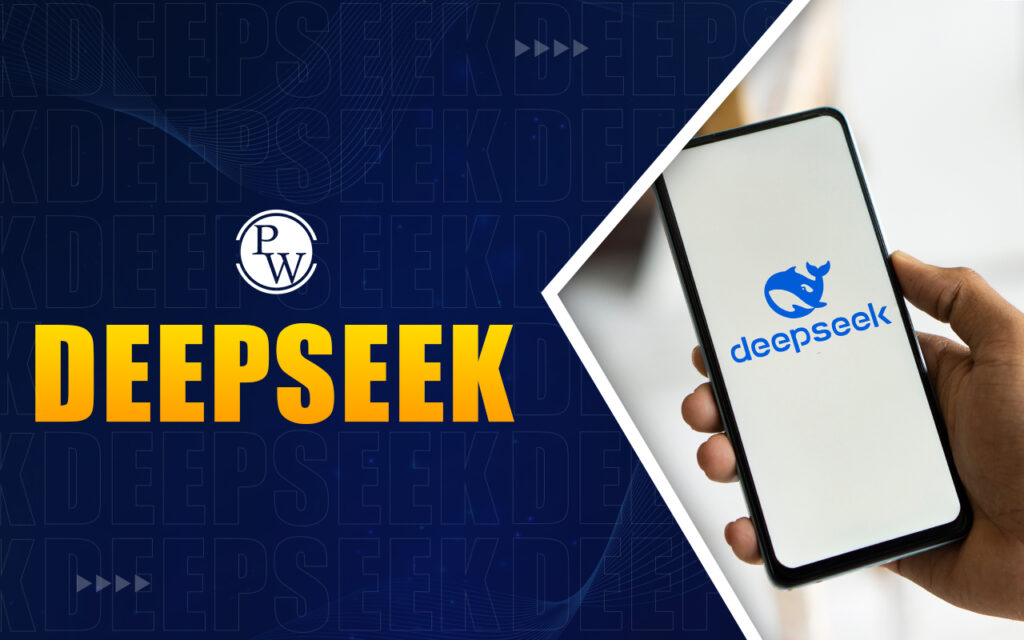In the competitive landscape of education technology, Physics Wallah emerges as a noteworthy case study illustrating the potential for innovation and accessibility in learning. Founded in India, Physics Wallah has successfully attracted a substantial user base, boasting over 3.5 million registered students and 78 lakh YouTube subscribers. This institution not only provides robust educational services but also caters to a range of academic needs from Class 6 through postgraduate levels. It offers comprehensive resources such as NCERT solutions, sample papers, and previous year question papers for competitive exams like NEET and JEE Mains. The impressive 4.8 rating of its app signals a strong user satisfaction, indicative of its dedicated approach to educational delivery.
One of the core differentiators for Physics Wallah is its commitment to affordability and accessibility. Platforms in the education sector frequently face challenges related to cost. By offering a variety of intensive courses at competitive price points, such as Lakshya, Udaan, and Arjuna, Physics Wallah allows students from all socio-economic backgrounds to access quality educational resources. This pricing strategy not only broadens its audience but positions Physics Wallah favorably against other established edtech entities that often have higher tuition fees. The central focus on providing essential academic materials, including textbooks from recognized authors, further enhances its value proposition.
However, as with any rapidly scaling education platform, Physics Wallah must also navigate significant challenges. The edtech market is crowded, with traditional institutions and newer startups continuously innovating. To maintain its competitive edge, Physics Wallah needs to focus on sustaining the quality of education while continually evolving its technological infrastructure. The integration of artificial intelligence and automation could enhance personalized learning experiences, streamline administrative tasks, and improve user engagement. This strategic investment in technology could yield substantial returns by automating grading, providing real-time feedback, and tailoring educational content based on individual learning patterns.
When considering the scalability of Physics Wallah compared to competitors, it is essential to analyze technological platforms. For instance, tools like Make and Zapier offer capabilities for automating workflows, which could be integral for managing operational efficiencies as the user base expands. Make allows users to build complex scenarios with a more customizable interface, potentially better suited for larger institutions with particular needs. On the other hand, Zapier remains an industry benchmark for simplicity and ease of use, appealing to smaller educational startups seeking immediate integration capabilities without extensive IT support.
Furthermore, the competitive landscape also features AI platforms such as OpenAI and Anthropic. OpenAI has been lauded for its advanced capabilities in generating educational content and enhancing intelligent tutoring systems, which could be directly beneficial for platforms like Physics Wallah aiming to provide personalized learning. In contrast, Anthropic, with its safety-forward approach to AI, could aid in creating a more secure learning environment, but it may lack the same depth of educational resources OpenAI provides. The choice between these platforms will ultimately hinge on the specific needs of the institution—balancing innovation, security, and ease of implementation.
The return on investment for adopting such technologies must be assessed carefully. Institutions must evaluate the incremental benefits of improved educational outcomes versus the costs of integration and training. The goal should be to enhance not only the educational delivery but also engagement metrics, dropout rates, and ultimately, student success in assessments. Data-driven analysis will be crucial for understanding the effectiveness of investments in technology, allowing leaders to pivot their strategies appropriately based on real-time results.
In conclusion, as Physics Wallah continues to grow amid fierce competition, its focus on affordability, comprehensive learning resources, and effective technological integration will be key to its sustainability. Leaders in the educational segment must remain vigilant in evaluating their technological frameworks and operational efficiencies to remain competitive. Strategic partnerships with robust AI and automation platforms will be critical in this pursuit of excellence.
FlowMind AI Insight: Embracing advancements in AI and automation not only enhances educational outcomes but also positions institutions like Physics Wallah for long-term success in a rapidly evolving market. The combination of accessible content and intelligent systems is likely to be the cornerstone for future educational innovations.
Original article: Read here
2025-01-29 08:00:00

